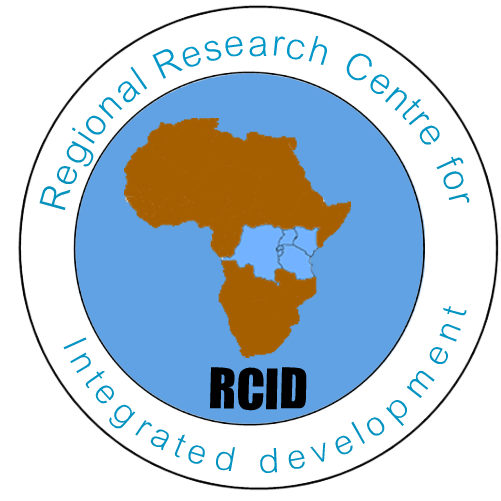Duration: 2017-2018
RCID contact person: Philippe Rumenera (Email: prumenera@rcidcentre.com)
Sponsor: ICON Institute Belgium, co-financed by EU
Sponsor’s Contact person, function and email: Kalifa Traore, Senior Program Manager (e-mail. kalifa.traore@icon-institute.de)
 The European Union Delegation to Rwanda has signed with the Government of Rwanda, the Financing Agreement to support the decentralized agriculture (RW/FED/2009/021-572) and Rwanda’s National Multi-Sectoral Strategy to Eliminate Malnutrition (FED/2013/024-780), for the period of 2009-2017; hence, the kitchen and school garden programs had to be evaluated as they were among the performance indicators of these financing agreements According to the financing agreements, activities were planned to cover the whole country. No specific target group had been pointed out for the agriculture decentralisation part. The objective being that all households have a kitchen garden while the nutrition budget support was targeting young children and lactating/pregnant women.The European Union Delegation to Rwanda has signed the financing agreements with the Government of Rwanda to support the decentralized agriculture and Rwanda’s National Multi-Sectoral Strategy to Eliminate Malnutrition for the period of 2010-2017,
The European Union Delegation to Rwanda has signed with the Government of Rwanda, the Financing Agreement to support the decentralized agriculture (RW/FED/2009/021-572) and Rwanda’s National Multi-Sectoral Strategy to Eliminate Malnutrition (FED/2013/024-780), for the period of 2009-2017; hence, the kitchen and school garden programs had to be evaluated as they were among the performance indicators of these financing agreements According to the financing agreements, activities were planned to cover the whole country. No specific target group had been pointed out for the agriculture decentralisation part. The objective being that all households have a kitchen garden while the nutrition budget support was targeting young children and lactating/pregnant women.The European Union Delegation to Rwanda has signed the financing agreements with the Government of Rwanda to support the decentralized agriculture and Rwanda’s National Multi-Sectoral Strategy to Eliminate Malnutrition for the period of 2010-2017,
the following indicators have been reported on:
- The proportion of household in each village (umudugudu) with functional Kitchen gardens or “akarima k’igikoni” practice;
- Proportion of (pre-) primary and secondary schools and vocational training centers with nutrition gardens.RCID has been subcontract by ICON Institute Belgium and the main tasks performed were to conduct data collection for 2 815 households (HH) sample size and 107 schools, belonging to 11 Districts based on a stratified sampling for the past performance of the kitchen and school garden program in Rwanda from 2010 up to 2017.
Results:
The study recommended continuing to consider both national food security and HH food security in the context of fighting malnutrition, considering a food system approach by:
- Designing a training package which goes further than the Kitchen Gardens set up and addresses fertility and water management, erosion control, pest and disease management, seed production and conservation in order to avoid unnecessary expenses for buying seeds, as well as product storage and transformation aiming at limiting the losses of nutrients;
- Emphases the promotion of indigenous vegetables that people are used to and like to eat, that fill the common nutrition gaps in Rwanda (vitamin A and iron);
- Explore low-cost opportunities for the regions suffering from drought and for the dry season, such as drought-resistant varieties, recycling of HH greywater and water harvesting; banking water into the soil during the rainy season;
- To continue playing a major role at the national level regarding agriculture and nutrition through working groups and (v) Encourage exchanges of lessons learned and good practices on KG between stakeholders (including NGOs and local organisations) by different stakeholders.
